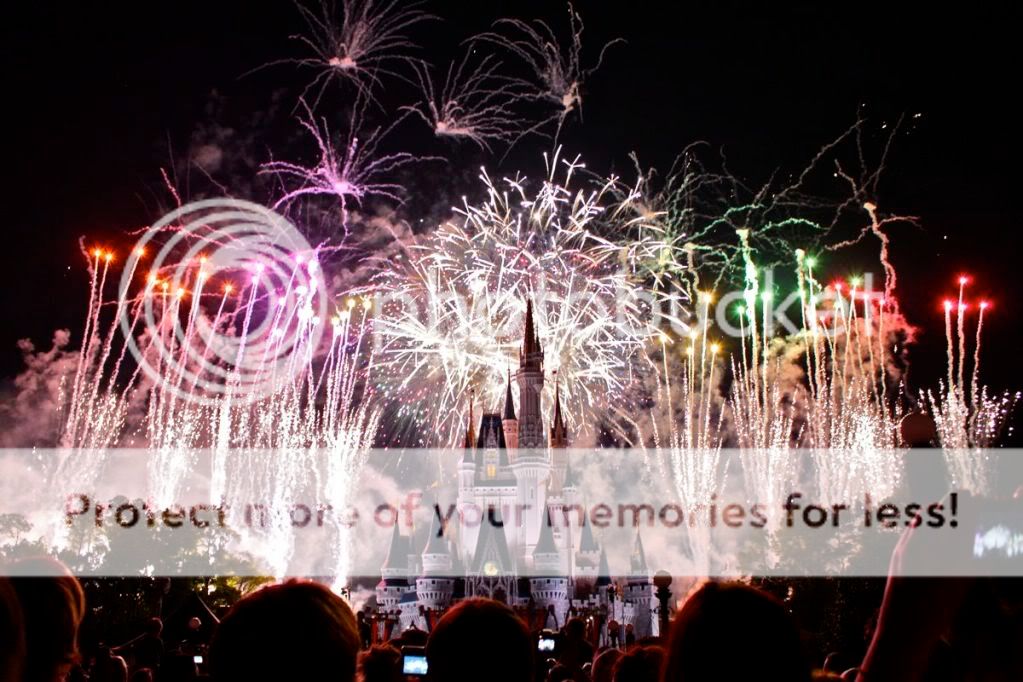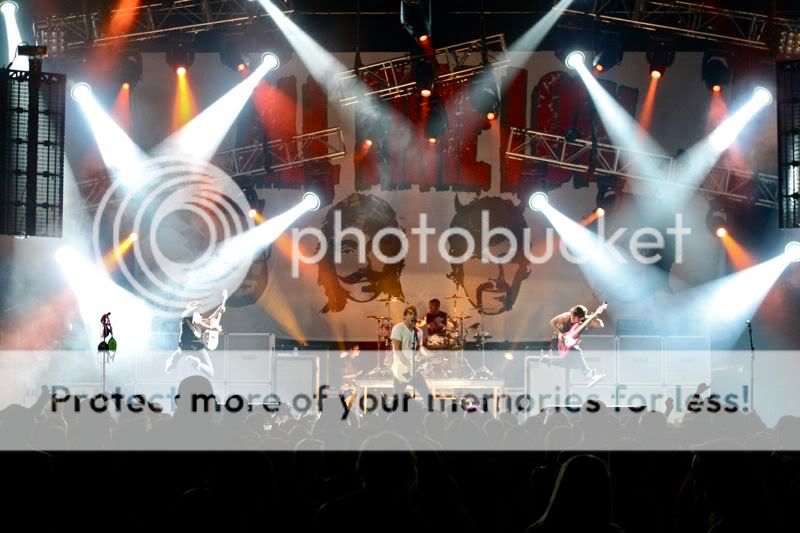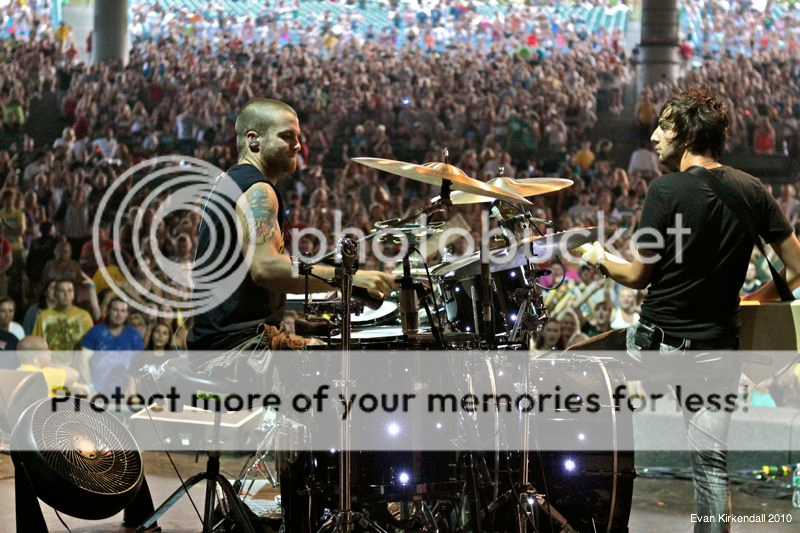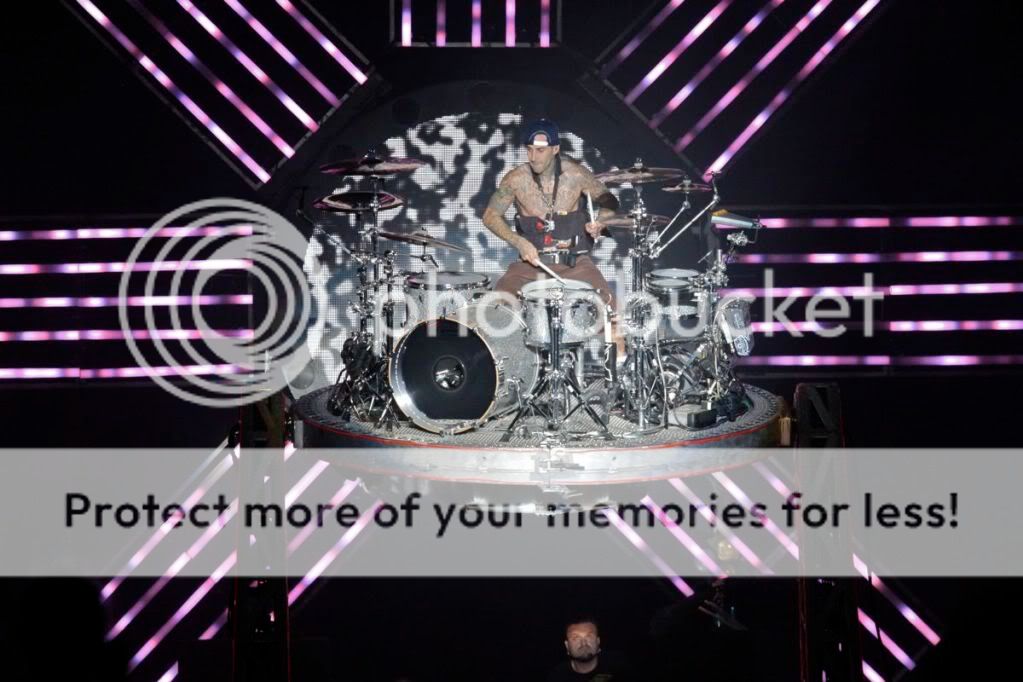Re: Concert Photography
I own a Nikon d60 dslr with a 15-55mm and a 55-200mm lens.
I'm not the best photographer, nor do I own the ''best'' equipment. So, I want to see what I can do with what I have. Just wanted to start a feed for anyone with tips and tricks for concert photography.
Feel free to share what gear you own/post pics.
-B
Billy,
Concert photography indoors under normal stage light or outdoors at night can be very challenging. The difficult part is dealing with low light situations where the subjects are moving around quite a bit. I'd recommend investing in some fast glass, i.e. lenses with an aperture of f/2.8 or smaller (smaller number = bigger hole). I shoot with three lenses primarily. An f/2.8 50-135mm, f/2.8 11-16mm, and an f/1.8 50mm for particularly dark environments. Typically I don't shoot with any flash.
I'm familiar with the two lenses you've listed and they are f/3.5-5.6 meaning on the short end of the zoom the are f/3.5 and go up gradually to 5.6 on the long end. This will be fine for outdoor daytime shoots or indoors under bright lighting, but somewhere between painful to useless for night/indoors low light. The D60 won't help much either as it's not a particularly spectacular low light shooter. If you do get serious about conerts, I'd look for a camera like the D7000 that can shoot ISO 3200 or 6400 no problem.
Skip VR or IS (vibe reduction/image stabilization) lenses for this purpose, they will not help you if your subject is moving.
I know this isn't what you asked for, but you are going to have an uphill battle.
A couple of tips for what you have:
If you are shooting moving subjects in low light, and your shutter speed is longer than 1/125s then try to catch the subject as they hit an apex in their movement, i.e. where they slow to a stop to change directions.
Get close and shoot wide. Motion blur is less noticeable on wide angle shots.
If using a zoom over 80-100mm put the camera on a monopod if your shutter speeds are slower than 1/125.
To get good color under gelled par cans, you'll likely have to play with the whitebalance. While par bulbs have a tungsten filament, I find that choosing tungsten or AutoWB on my camera doesn't result in the best looking most vibrant color. Take some sample shots during a sound or lighting check to help dial in your settings.
Good luck.
Here are some of my favorite shots...








